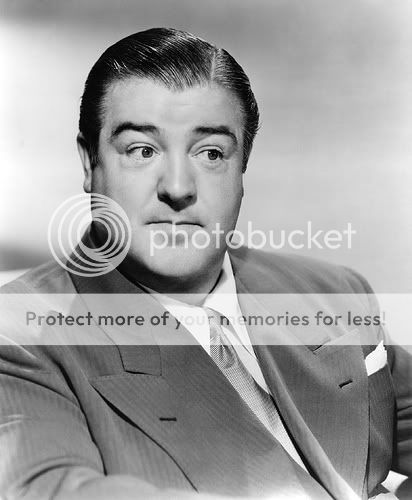They Still Don't Get It
19 MAY 2010 03:31 PM
Drum objects to asking public figures about their sex lives. So do I. I have zero interest - less than zero, actually - in Elena Kagan's sex life or lack of it. I do have an interest in someone's public identity. And how many times can I say this before my straight friends get it? Being gay is not about your sex life. It's about a core element of your identity, one that no gay person can bypass or ignore.
Lane Wallace makes a similar category error here:
In short, while a potential justice's personal life or sexual orientation can certainly influence her innate understanding and experience in the world, it is no more relevant than thousands of other factors in her life experience.
This is a sentence that could only be written by a straight person.
This is what a gay person must go through to get to adulthood: he or she must figure out she's different at varying ages, but usually, clearly by mid-adolescence. The dating question looms, as does the marriage question. What do you do? Many gay kids pretend to be straight for a while (mercifully fewer than in the past); many come out and begin the difficult pursuit of love and intimacy and, in some states, marriage; others make a strategic decision to lie about themselves or to construct a public persona drained of any emotional or relationship content so they always avoid the question. At every stage of this evolution, the gay person is made deeply aware of his or her marginalized status as a citizen and as a human being. Few identities expose as much how the law can oppress, stigmatize and alienate.
With all due respect, this is more relevant than "thousands of other factors" in someone's life. This experience, certainly for someone of my generation and older, cannot but be formative, whether it is repressed, engaged, hidden or run from.
To remain closeted requires a massive use of emotional and psychological resources to distract, dissociate, lie, euphemize, cover, appease. It requires deception every day.
This question is not about someone's sexual preferences - by which I mean, whether you like your partners tall, short, hairy, buxom, skinny, fat, whatever, and what you might like to do with them. It's about your emotional core and the integrity with which you have lived your life. It matters if a Supreme Court Justice has lived his life as a convenient careerist lie. It tells us a lot about him. And for gay people who have had to make these choices, and risked a huge amount to do so, it is somewhat offensive to be told this experience is just not that big a deal.
Really? You try it.






 I think I have to side with the conservatives on this one.
I think I have to side with the conservatives on this one. 
